Starting the day with health news , readers can also read more articles: 3 measures to prevent chikungunya; Many people often order takeout food, what do doctors advise?; What signs warn of the risk of sudden death due to cardiac arrest at night?...
After taking antibiotics, what should I eat to restore my liver and kidneys?
After a course of antibiotics, many people feel tired, have digestive disorders or experience temporary reduction in liver and kidney function. This is when a reasonable diet will help restore internal health quickly.
Antibiotics are extremely important drugs, helping to save many cases of infection. However, antibiotics also affect the health of the liver and kidneys. These are the two key organs that filter and eliminate toxins from the body.

Drinking warm water after waking up helps stimulate intestinal motility, dilute toxins and support the kidneys in the blood filtration process.
Photo: AI
To restore liver and kidney health after taking antibiotics, people should prioritize eating the following foods for breakfast:
Boiled eggs or tofu. After taking antibiotics, the liver needs to repair damaged cells. Protein is the main ingredient for this process. However, not all proteins are good for the liver, so you should prioritize easily digestible protein sources that are low in saturated fat.
Eating a boiled egg or steamed tofu for breakfast can help reduce liver cell damage and enhance detoxification function. In addition, avoid frying with oil to avoid putting pressure on the liver.
Drink enough warm water in the morning. Antibiotics can cause sediment and increase the burden on the kidneys if you do not drink enough water. Therefore, drinking warm water after waking up helps stimulate bowel movements, dilute toxins and support the kidneys in the blood filtration process.
For patients, dehydration is a contributing factor to kidney damage caused by drugs, including aminoglycoside antibiotics. To prevent this effect, people should drink 1-2 glasses of warm water in the morning right after waking up. To enhance the flavor, a glass of warm water can be added with a few slices of fresh lemon or a little honey. The next content of this article will be on the health page on August 12 .
Many people often order takeout food: What do doctors recommend?
Ordering takeout saves time and effort, but it can be harmful to your health. With countless food options just a tap away on your phone, it's easy for many people to overlook the dangers.

Take-out food is convenient, but should not be eaten too often.
Illustration: AI
Dr. Saurabh Arora, CEO of Auriga Research, a pharmaceutical company in India, warns: The habit of ordering takeaway food is increasing, replacing home-cooked meals, causing concerns about food safety and hygiene to increase.
Dr. Manoj Jain, Department of Gastroenterology and Obesity at Nanavati Max Specialty Hospital in Mumbai (India), shared that the habit of ordering takeaway food can negatively affect the health of many people, especially young people.
Dr Jain explains: Food prepared outside is often high in calories, unhealthy fats, sugar and sodium. Delicious food is often lacking in essential nutrients such as fibre, vitamins and minerals. While the presentation may be appealing, what is inside the food is rarely considered. So people who regularly order takeaway food need to be more aware of the health risks.
While ordering takeout gives you a dopamine hit from trying something new, it also comes with health consequences.
Dr. Jain cites a 2020 study published in the scientific journal BMC Public Health , which found that people who frequently eat takeaway food have a higher risk of metabolic problems. This also increases the risk of many chronic diseases. The next part of this article will be on the health page on August 12.
What are the warning signs of sudden cardiac death at night?
At night, the body enters a state of rest and recovery. However, this is also the time when many physiological changes occur. As a result, the risk of cardiovascular events increases.
Important physiological changes that occur at night are decreased heart rate, blood pressure, and decreased sympathetic nervous system activity.

Paroxysmal nocturnal dyspnea may be due to the heart pumping blood less efficiently.
Illustration: AI
Specifically, a drop in heart rate and blood pressure during sleep is harmless in healthy people. However, in people with weak heart function, this can prevent blood from being pumped to essential organs.
Meanwhile, reduced sympathetic nervous system activity also reduces the body's defense response to dangerous heart rhythm disturbances. In addition, lying down increases pressure on the heart and lungs, causing more fluid to accumulate in the lungs, causing difficulty breathing at night.
A study from the European Heart Journal found that sudden cardiac arrest is more likely to occur at night in patients with arrhythmias or chronic heart failure, especially if blood pressure and cholesterol are not well controlled.
Many symptoms of early-stage heart failure are most evident at night. However, these symptoms are often confused with fatigue, difficulty sleeping, or personal habits. Specifically, the symptoms are shortness of breath when lying down, paroxysmal nocturnal dyspnea, frequent urination at night, nighttime coughing or wheezing, and morning fatigue. Start your day with health news to see more of this article!
Source: https://thanhnien.vn/ngay-moi-voi-tin-tuc-suc-khoe-an-uong-gi-giup-gan-than-phuc-hoi-nhanh-185250812000310021.htm



![[Photo] President Luong Cuong attends special political-artistic television show "Golden Opportunity"](https://vstatic.vietnam.vn/vietnam/resource/IMAGE/2025/8/22/44ca13c28fa7476796f9aa3618ff74c4)

![[Photo] President Luong Cuong receives delegation of the Youth Committee of the Liberal Democratic Party of Japan](https://vstatic.vietnam.vn/vietnam/resource/IMAGE/2025/8/22/2632d7f5cf4f4a8e90ce5f5e1989194a)

![[Photo] Prime Minister Pham Minh Chinh chairs the conference to review the 2024-2025 school year and deploy tasks for the 2025-2026 school year.](https://vstatic.vietnam.vn/vietnam/resource/IMAGE/2025/8/22/2ca5ed79ce6a46a1ac7706a42cefafae)

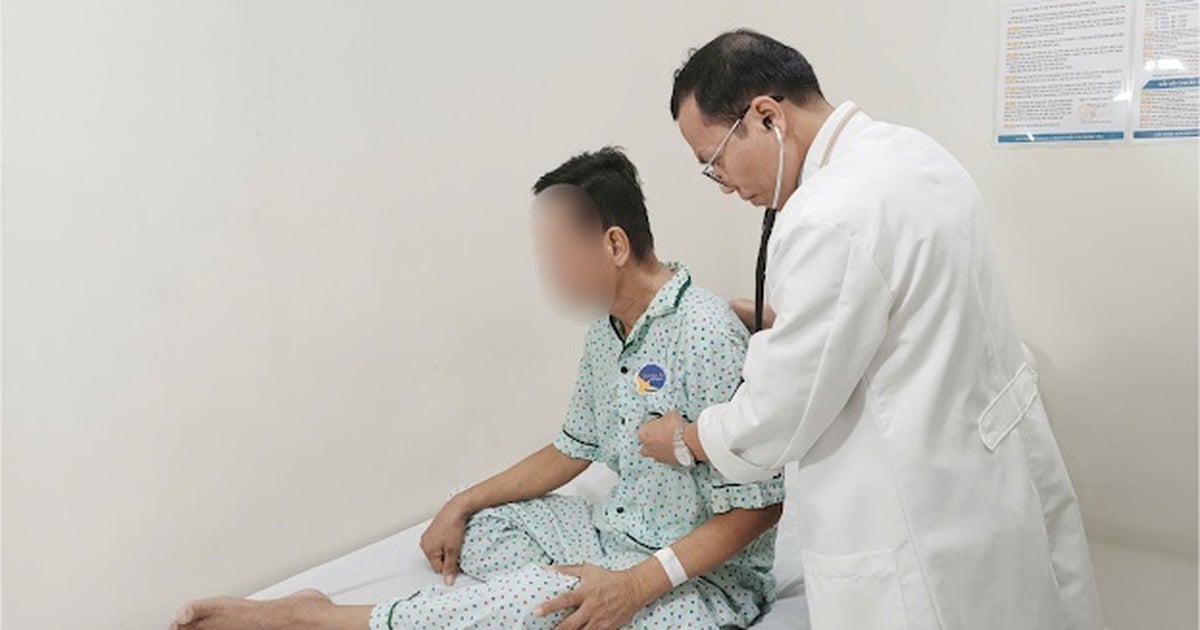







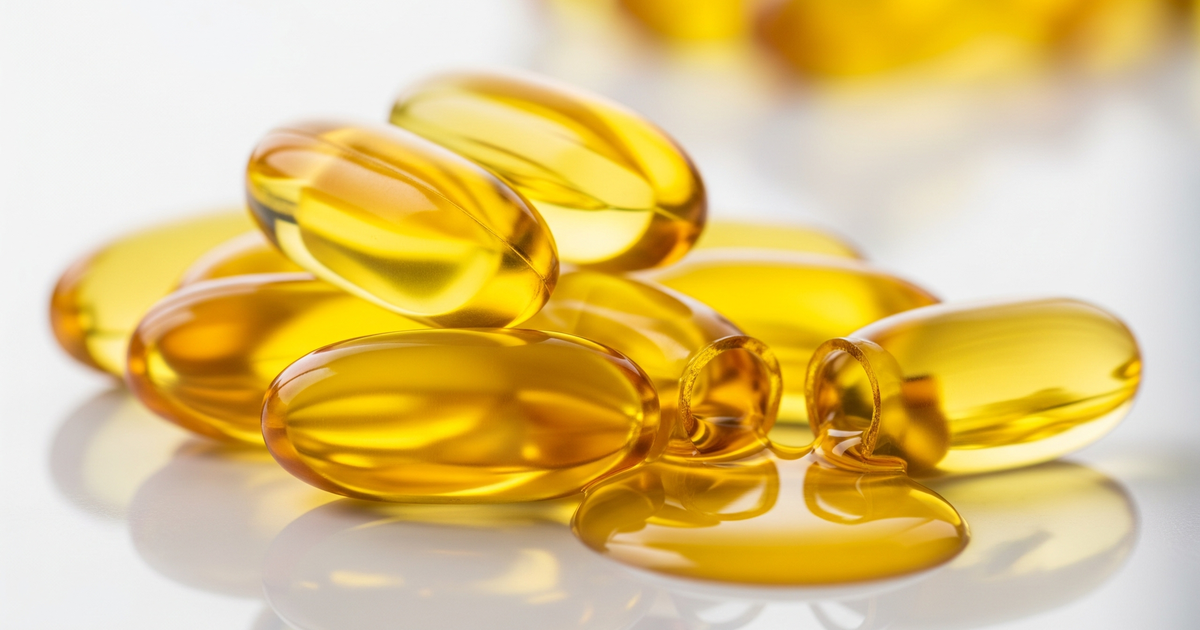





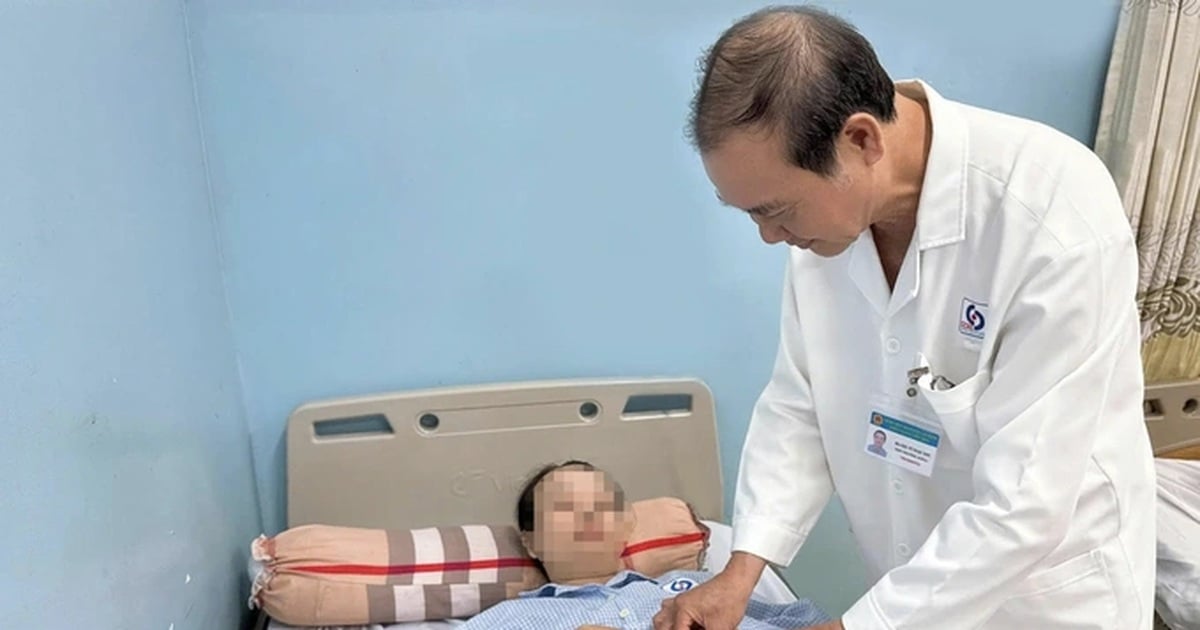

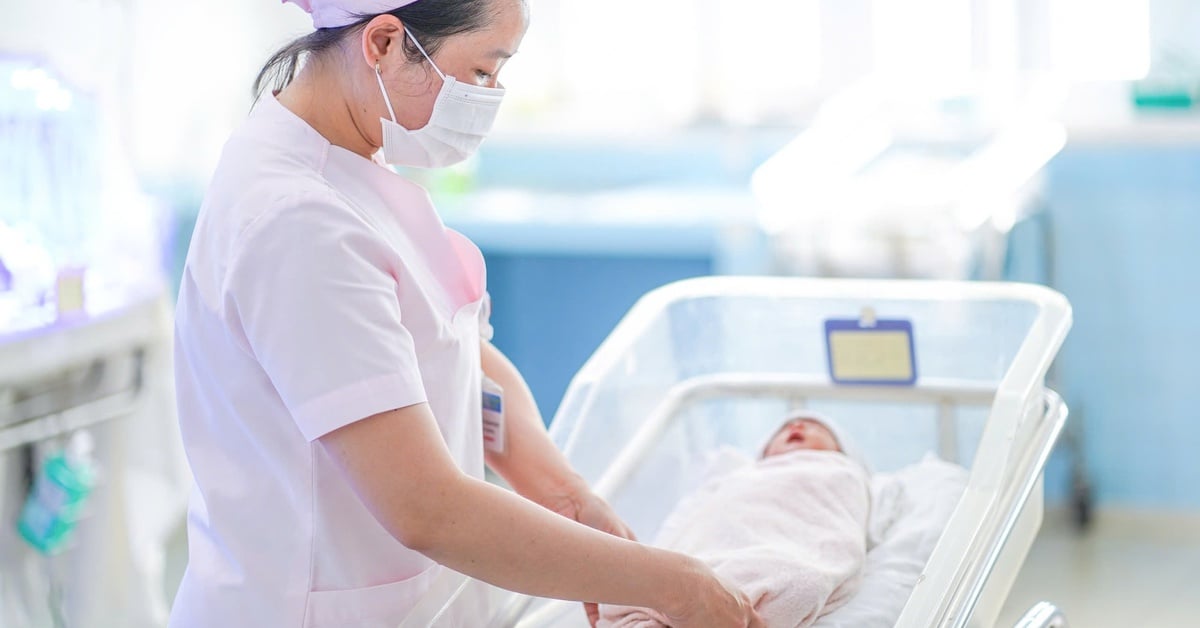






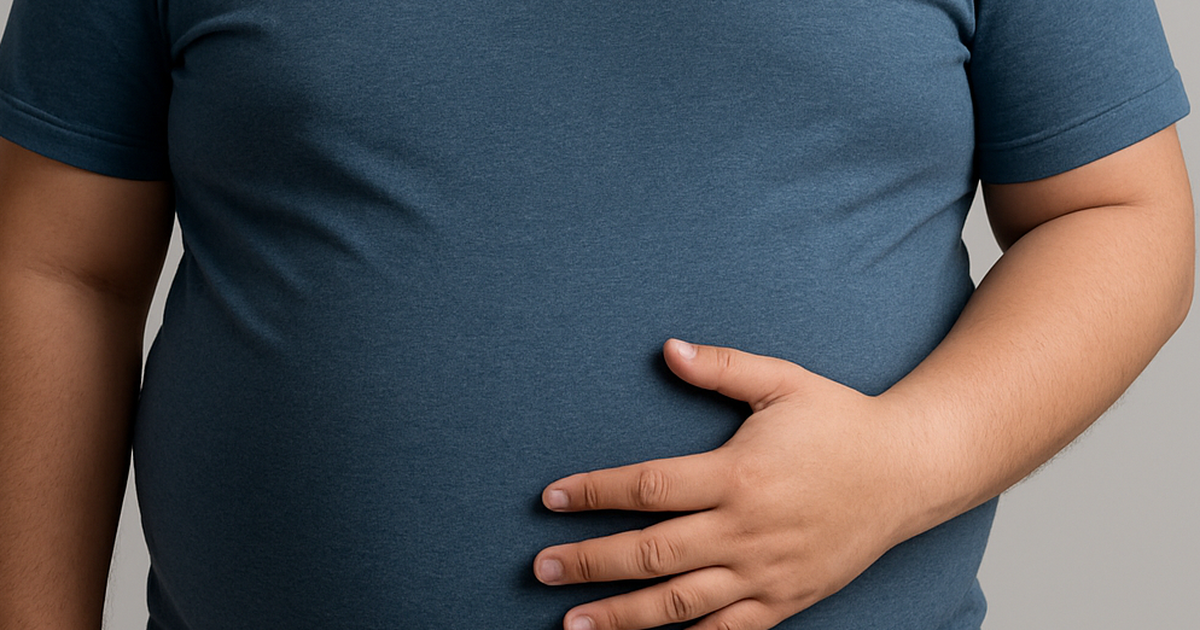



































































Comment (0)